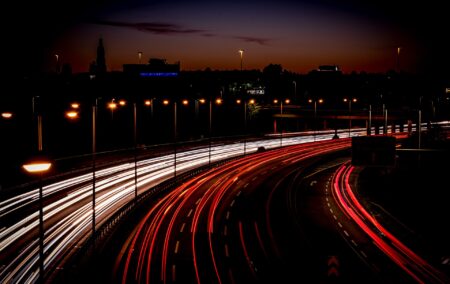Is change impossible? If the answer is ‘yes’, our poor majority is doomed.
There has never been a better time to invest in Zimbabwe/South Africa.
So suggest Presidents Mnangagwe and Ramaphosa. I suppose investors in Europe and America might regard the investment prospects in both countries as similar– which means dire.
Both countries say they are open for business but are ruled by parties that are hostile to business and make the cost of doing business as high as possible. Both regard foreign investors as exploiting imperialists. Both have crippling racial restrictions and burdens on foreign companies. Both have policies for expropriating property without compensation, one having enacted such policies, the other having adopted them recently. Both have destroyed their greatest investment attractions. South Africa gave full support to all the policies of President Mugabe that have ruined Zimbabwe. To many investors, South Africa in the future might look like Zimbabwe now.
This week, which saw Ramaphosa in London appealing for investment, also saw more load shedding at Eskom. South Africa’s two prime attractions for investors used to be our mineral treasures and our cheap, reliable electricity. The ANC has destroyed both. Onerous, arbitrary mineral regulation has scared away foreign investment in our mining. Eskom has been ruined with corruption, incompetence and racial engineering, and our future electricity supply is now being menaced by the threat of extremely expensive and unreliable renewable energy.
Why should anyone invest in South Africa? But there is a deeper question: what is the future of the South Africa economy?
In developed countries (where most people are rich), the economies have moved from mining and farming (primary) through industrialisation and manufacturing (secondary) to services (tertiary). Such is the state of most rich countries now, with exceptions such as Germany, which has a lot of high value manufacturing. In successful developing countries (where most people are still quite poor), their economies are advancing because of manufacturing and industry, and people are being lifted out of poverty. Examples are China, India, Korea, Vietnam and many other countries in the Far East.
Unsuccessful developing countries have never succeeded in the second stage. These include all countries in Africa. South Africa, in the 1940s to 1980s, looked as if she were going to develop her industries but has faltered, and is now in a process of de-industrialisation. Instead she has shifted a large part of the working population into services (finance, tourism, catering, IT and retail). South African economic activity has jumped from primary to tertiary without developing the secondary. A huge number of people have never been employed in industry, and a considerable number have been dismissed from it as it shrinks. But the only way I can see that South Africa can develop properly and reduce her catastrophic levels of unemployment – about 40% if you include those who have given up looking for work – is through industry and manufacturing.
Many economists and politicians think that impossible. They see low growth and high unemployment as inevitable. A rich elite will become bankers, brokers and brain surgeons and most of our poor people will become beggars and prostitutes or dependent on social grants. The road that poor people took out of poverty in East Asia, manufacturing, is closed to poor people in South Africa. Why is South Africa de-industrialising and why are investors so scared of putting money into manufacturing here? The reasons include restrictive labour laws (including the minimum wage), policy uncertainty, excessive red tape and bureaucracy, militant trade unions backed by the ANC, racial affirmative action, and BEE (a legalised form of the corruption practised throughout Africa, where you have to pay bribes to ruling politicians if you want to do business there).
Industrialists must have secure electricity, the cheaper the better. South Africa has lost that advantage and, judging by IRP2008 (our official plan for electricity sources until 2030), will never get it back again. Our electricity is still cheap by world standards but unreliable. Manufacturing went into even steeper decline after 2007 when Eskom ran out of electricity.
Small manufacturers are at a bigger disadvantage than big manufacturers, hobbled by complicated bureaucracy, crippling labour laws and complicated racial obligations. In the bargaining councils, big business and the trade union leaders do all they can to shut down small businesses, with the full support of the government.
All of this could easily be changed by political means: removing the awful laws that enchain South African enterprise, setting the employer and the employee free to make their own voluntary contracts between themselves, removing the red tape, making it easy to start up business, getting rid of all racial engineering and allowing all appointment and all procurement to be done on merit. We could then follow the example of successful developing countries in the East. Our electricity supply is more difficult to fix but it can be done; we’ve done it before.
Is such political change impossible? If the answer is ‘yes’, our poor majority is doomed.
Andrew Kenny is a writer, an engineer and a classical liberal.
The views of the writer are not necessarily the views of the IRR.
If you like what you have just read, become a Friend of the IRR if you aren’t already one by SMSing your name to 32823 or clicking here. Each SMS costs R1. Terms & Conditions Apply.

